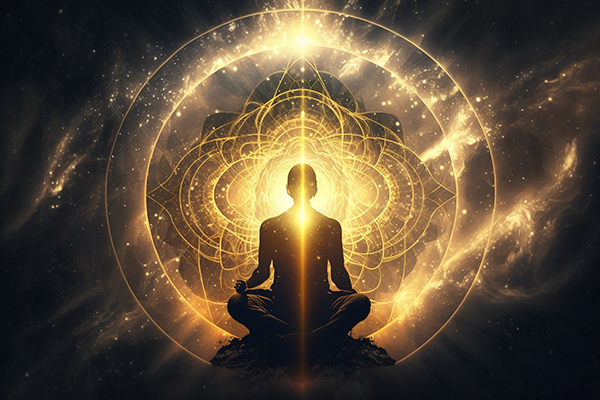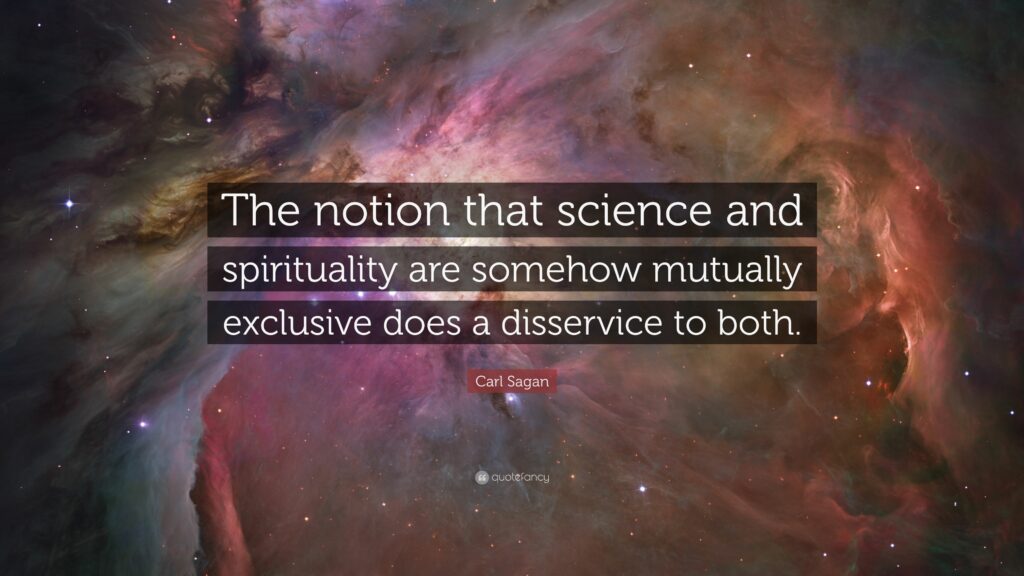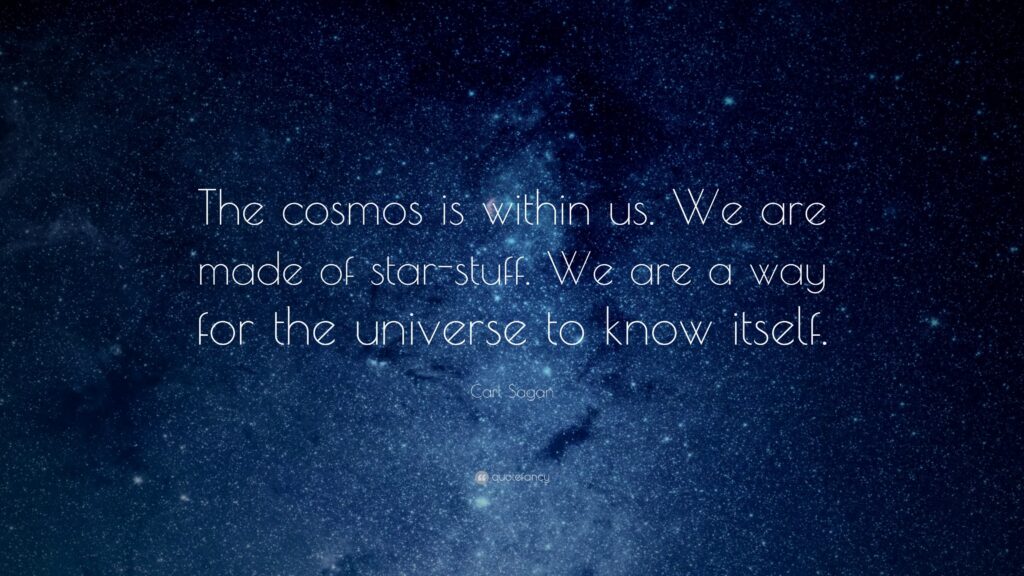Created April 19, 2024
Welcome to this week’s Bill Harvey Blog.

The world’s most acclaimed quantum mechanics and relativity physicists including Albert Einstein, Werner Heisenberg, John Wheeler, and Stephen Hawking dealt with consciousness in ways that have not, to my knowledge, been looked at by philosophers for their possible implications.
Physicists are a very useful subset of philosophers—especially when physicists deal with things beyond the physical.
Originally, physicists were not willing to deal with the non-physical; they left that to the metaphysicists and metaphysicians. Over time, two things changed:
-
- Energy, which, being invisible, was not considered physical, was reassigned to be covered by physicists.
- Metaphysics became lumped with superstition and religion as being outside the field of science.
Then, Einstein came along and included the observer in his thought experiments, allowing consciousness to be included in the mathematics of relativity. Heisenberg showed that the observer influenced the outcome of the experiment.
Einstein was convinced that quantum mechanics was not a complete description of reality, and he attempted to prove it by means of the EPR Paradox, which continues to be debated with a lot of difficult math by many brilliant scientists, without any final resolution. The closest thing to a resolution might be the little-known analysis by Belgian physicist Diederik Aerts which showed that quantum mechanics could not describe two separate physical systems – suggesting that the universe/multiverse cannot be more than one single system.
Einstein wanted a complete description of reality and found it hard to reconcile that with what he called “spooky action at a distance”. All of his early thinking had been based on the classical physics in which action at a distance had been ruled out and replaced by the idea of the exchange of invisible particles/wavicles in the space between objects which accounts for the illusion that they are acting upon one another. This exchange of invisible particles is a simple extension of the colliding billiard balls picture of reality which underpins all of physics all the way back and to this day.
Magnetism and gravity were satisfactorily explained using this concept. However quantum entanglement suggests that either space/distance is an illusion, or that the billiard balls being exchanged between the once-connected-physically-but-now-separated items are allowed to move much faster than the speed of light, in fact, with instantaneity.
Physicists are still debating these things today. The debates disappear if the universe happens to be one single consciousness. One Single Consciousness (OSC) is the one theory (proposed in 1976 by me as The Theory of the Conscious Universe, “TTOTCU”) I know of which explains all of the experimental and observed evidence.
The closest that physicists have come to my TTOTCU theory is Wheeler’s concept of the Participatory Anthropic Principle. This states that consciousness is the factor which converts probability waves into concrete states of physical and energetic reality. I’m pretty sure he thought of TTOTCU and recognized that he would be taking a big chance to embrace it. Instead, his theory was that matter and energy existed before consciousness, but only as probability waves, never frozen into specific forms and events, until the universe somehow evolved life forms with consciousness that now gave the universe the ability to be specific.
I find it easier to swallow TTOTCU than Wheeler’s bootstrap. In my bootstrap, the Nothingness recognizes itself as experiencing the receipt of information (i.e. a consciousness, a self) and then discovers it can imagine and create information for its own consumption. And that it can spin off avatars which can either remember their original identity or not, depending on what the universe’s game might be at the moment.
Nevertheless, since I am only a philosopher and not a physicist (as I had originally intended), I was greatly heartened to read the last book written by Stephen Hawking in which he included Wheeler’s Participatory Anthropic Principle in his own summation of reality. This gave me a leg to stand on despite the disparagement of philosophers by some scientists who call us “scientists without laboratories”.
So my Mission in life as I interpret it is to, as best I can, bring into popular awareness two things, TTOTCU and metacognition operational methodologies which have worked for me. Since I am a scientist at heart I do not proclaim that these ideas are facts, but that they are real possibilities. The entire universe/multiverse may be a single consciousness. In which case, you and I are missionaries from that consciousness into this created world which exists within the imagination of the one consciousness, a singularity which exists above time and space.
Just accept for the sake of argument that this could be the true situation. Look at where we are as a species. We have been fooled into thinking that all of this physical stuff around us is what is real, and that it all came about by the collisions of matter and energy bits, accidentally. Therefore, that there is no higher meaning or purpose to life or existence, there is nothing to stand in awe and wonder of.
Naturally, with that as the prevailing worldview (most people act as if this is what they believe, although some of us partition off our faith in a specific religion as something we also believe, but when we come out of the temple we soon begin hating and competing again) it is obvious why we have established authoritarian governments to protect us from criminals, and although seeming to be getting away from that for the past couple of thousand years it is once again flooding back front and center to apparently about half of us even in the most democratic nations.
In other words, if TTOTCU happens to be correct, but almost no one on the planet accepts that in their gut yet, we are all betting on the traditional view of materialism and accidentalism, living in fear, complaining, blaming, and having fun mostly in escapist ways. This seems to us on a subconscious level to be the most rational approach given that there is no way of knowing whether TTOTCU is reality or bunk. Or is there a way of knowing?
I find that by maintaining awareness that TTOTCU might be the reality, I am constantly receiving new information in my mind that surprises inspires, and delights me. When I fall from this state into one of fear and negativity and attachment to outcomes, I become cut off from that Muse. I detect pragmatic value by keeping my mind open to the TTOTCU possibility. This is where metacognition comes in. You too can experiment with entertaining the TTOTCU possibility in your own lives and seeing if there are any pragmatic benefits you receive as a result.
Cooperation with others becomes the basic operation principle in a world that recognizes the possibility of TTOTCU.
Game theory comes in here as well. In game theory one inspects each alternative one has within some defined “game”, and then imagines what the outcome will be from taking this route or that one. My assertion from decades of self-experimentation is that it causes more “wins” to keep one’s mind open to the very real possibility that we are all a single consciousness. It causes fewer “wins” to rule TTOTCU out as bunk.
Negativity is self-defeating. This is consistent with Wheeler’s Participatory Anthropic Principle. We get out what we put in. It is not as simple as “manifesting” whatever we set our minds to, that is an oversimplification that goes much too far and ignores the interaction among all of the different “dinner orders” being requested by all the particles of consciousness – you and me and each of the rest of us. But it is true that Garbage In, Garbage Out – the love you take is equal to the love you make – if you put in negativity you will get back negativity – if you put in constructiveness and well wishes to all, you get back a happier world.
We call the objects we humans create “artifacts” or “artefacts”.
Einstein felt strongly that the universe is a Godifact, but preferred other terms such as Nature, and the intelligence behind Nature, the Creator.
Intention node is another name for avatar. I have also called us attention nodes, particles of consciousness, psions. Quantum theory appears to require that everything is definitely one connected system. Consciousness is something each of us avatars has, and perhaps someday our memory blocks will be released and we will remember our true identity, and even remember the moment we first realized ourself.
Gold In Gold Out
Negative In Negative Out
Positive In Positive Out
Love In Love Out
Opportunities = what we today feel are the insurmountable problems about to destroy us and the planet – our own doing – we understandably (because of not knowing the TTOTCU lens is a real possibility) are down in the dumps about our condition. As long as we continue to be stuck in that old way of looking at things, we will just make things worse. We need to exercise our courage and our free will to open our minds to a new position of clarity and openness to entirely new ideas, and to see us as lucky to be the generations alive today at the turning point in history, where we take ourselves in hand and set up the new system of the world.
Love to All,
![]()



